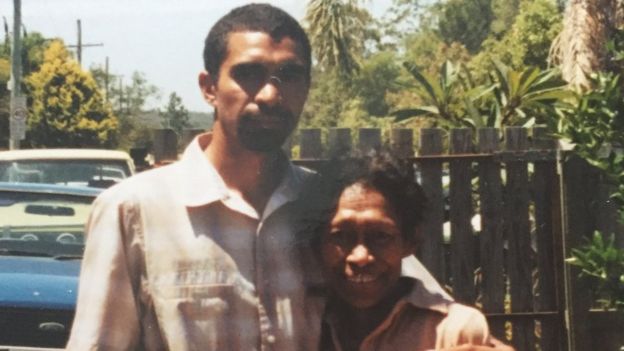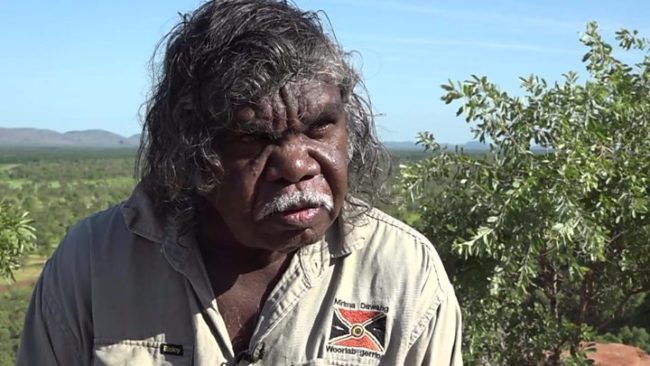(UTV|Australian Aboriginal) – Australia’s High Court has said Aboriginal people hold a special status under the law so cannot be deported – even if they are not citizens.
The ruling is being seen as a historic moment for the recognition of Australia’s first inhabitants.
The case relates to an appeal against deportation launched by two men who claim Aboriginal heritage but have foreign citizenship.
Aboriginal Australians were the first inhabitants of Australia.
They lived in the country for at least 47,000 years before the arrival of European settlers, and subsequently suffered centuries of violence, oppression, land theft, and marginalisation.
What was the original court case?
Brendan Thoms and Daniel Love – who had no prior connection – were born in New Zealand and Papua New Guinea respectively but moved to Australia as children.

Each man has Aboriginal heritage and one Australian parent. Both have children who are Australian citizens and were themselves permanent residents.
The two men both had criminal records and had both served jail sentences for violent assault.
Under controversial Australian laws, foreigners – or aliens – must lose their right to live and work in the country if they are sentenced to a year or more in prison.
Both men had their visas cancelled in 2018, but appealed against the order.
What did the court rule?
The High Court had been asked to rule for the first time on whether, as indigenous people, Love and Thoms could really be considered “aliens” under the constitution.
The men’s lawyers argued that the men could not be considered alien because of their deep ancestral roots to Australia.
The judges ruled four to three that Aboriginal Australians were “not within the reach” of the constitutional references to foreign citizens.
“Aboriginal Australians have a special cultural, historical and spiritual connection with the territory of Australia, which is central to their traditional laws and customs and which is recognised by the common law,” said the ruling.
The existence of that connection, they said, meant Aboriginal Australians could not be classed as “alien” under the law.
The ruling essentially creates a new category of person under the law of “non-alien, non-citizen”.
Claire Gibbs, a lawyer for the two men, told reporters afterwards: “This case isn’t about citizenship, it is about who belongs here.
“What this means, and what the real significance of this case is, is that Aboriginal people, regardless of where they are born, will have protection from deportation.”
What does this mean for Thoms and Love?
For Brendan Thoms the issue is clear cut – he has been released from detention and will not be deported to New Zealand.
He comes from the Gunggari people, and has legally recognised traditional rights to Gunggari land.
“Brendan has had 500 sleepless nights worrying he could be deported at any time, and that is now thankfully at an end,” said Ms Gibbs.
“He is very happy to have been released and to now be reunited with his family at long last.” (Courtesy – BBC)
